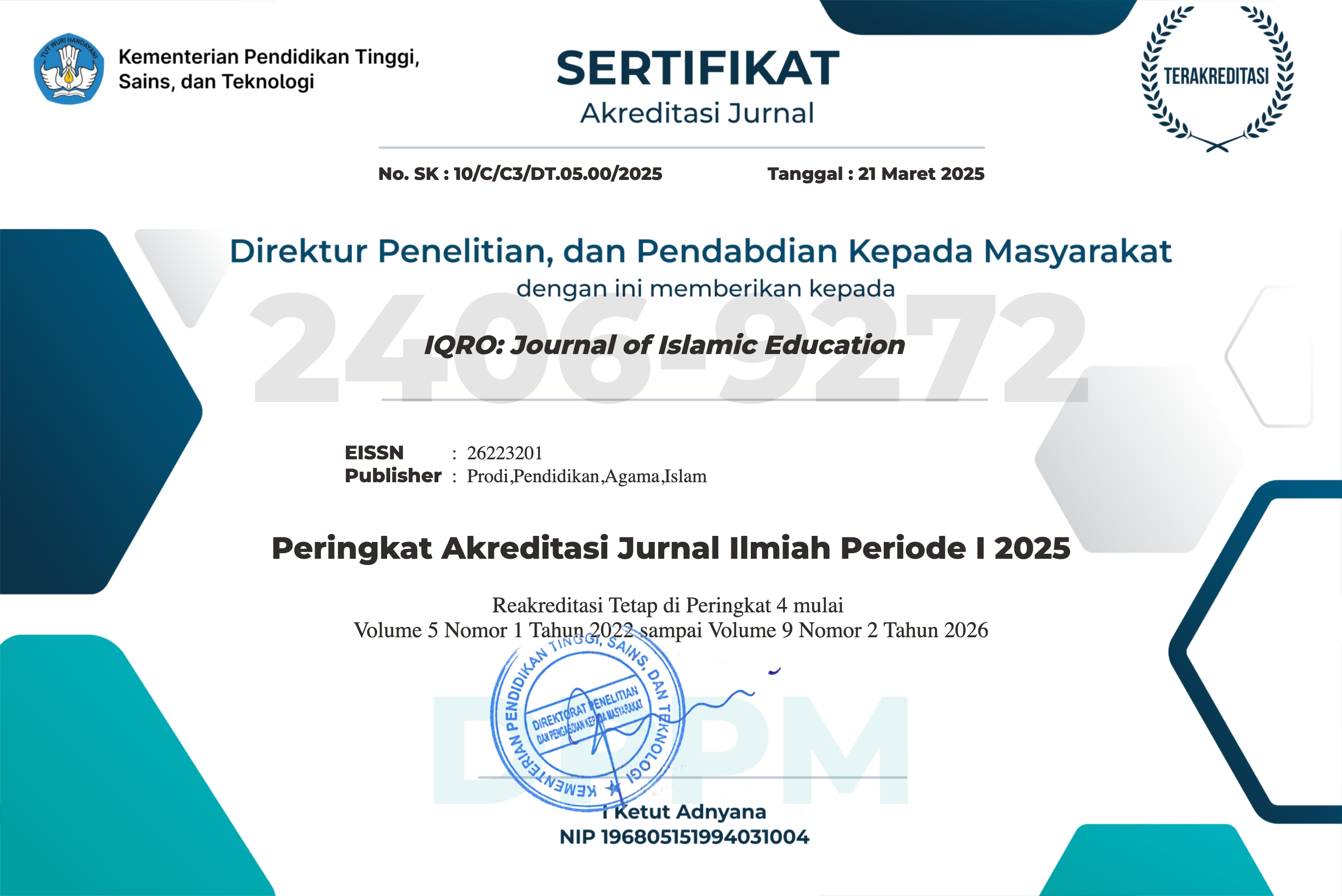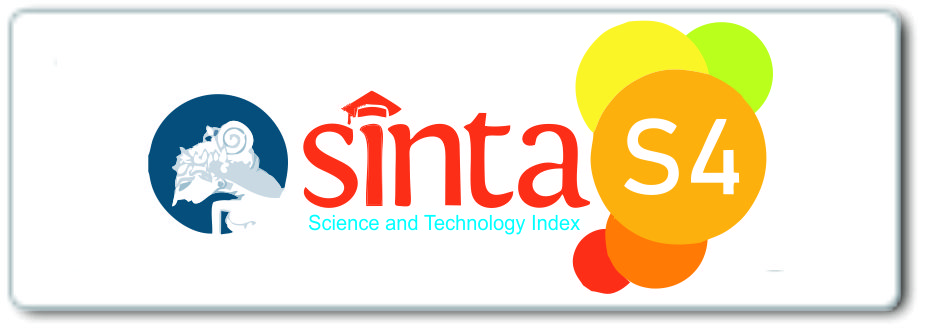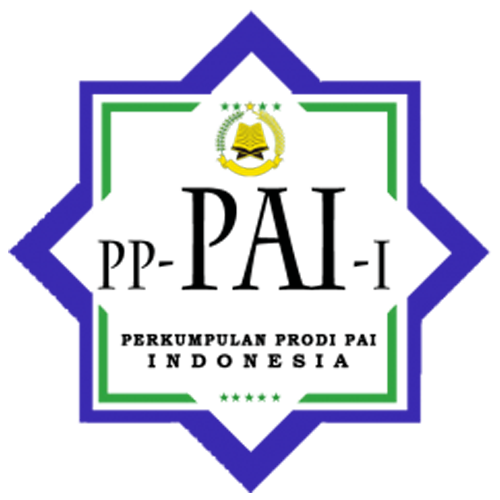Peran Guru Pendidikan Agama Islam Terhadap Perkembangan Spiritual Peserta Didik
DOI:
https://doi.org/10.24256/iqro.v1i1.311Keywords:
Teacher's Role, Spiritual Development, Islamic Education, Peran Guru, Perkembangaan Spiritual, Pendidikan Agama Islam,Abstract
This study aims to determine the spiritual development of students in SMP Negeri 12 Palopo, and to determine the role of Islamic religious education teachers in the spiritual development of students in 12 Palopo State Middle School. This research is a qualitative descriptive study, using normative approaches, pedagogical approaches, and psychological approaches. Data sources in this study are primary data and secondary data. Collected with Observation and Documentation Interview techniques. Data analysis techniques are data reduction, data presentation, and conclusion drawing. The results of the study show that: (1) The spiritual development of students in Palopo State 12 Junior High School. In addition to the religious material the teacher also provides the properties of local wisdom, namely the habits that exist in the community that is always emphasized to students so that there is no disconnect between the conditions in the community and what they will face, especially in terms of togetherness, kinship, and discipline. through learning materials and will also involve students in social activities such as raising funds for disaster victims, visiting sick friends or teachers, mourn if there is one teacher, community leader, student and student representative who is experiencing a disaster. The direct and active approach is expected to grow and develop a sense of empathy for the surrounding environment. (2) The role of Islamic religious teachers in the spiritual development of students in SMP Negeri 12 Palopo, namely, as instructors, providing learning materials as well as lecturing practices at school, performing congregational prayers before going home from school. The teacher also controls students in their respective environments by using prayer journal books.
References
Ahmadi, Abu dan Munawar Sholeh. Psikologi Perkembangan. Cet. II; Jakarta: PT. Rineka Cipta, 2005.
Al-Rasyiyidin dan Samsul Nizar. Filsafat Pendidikan Islam Pendekatan Historis, Teoritis dan Praktis. Cet. II; Ciputat: Ciputat Press, 2005.
Anwar, Desy. Kamus Lengkap Bahasa Indonesia.Cet. I; Surabaya: Penerbit: Amelia Surabaya, 2003.
Djaali, H., Psikologi Pendidikan, Pertumbuhan dan Perkembangan Manusia. Cet. I; Jakarta: Bumi Aksara, 2007.
Fauzi, Ahmad. Psikologi Umum. Cet. II; Bandung: CV. Pustaka Setia, 1999.
Getteng, Abd. Rahman, Menuju Guru Profesional dan Ber-Etika. Cet. VII; Yogyakarta: Graha Guru, 2012.
Jamaluddin. Psikologi Agama. Cet. VIII : Jakarta : Rajawali Press, 2004.
Kahmad, Dadang. Sosiologi Agama. Cet. II; Bandung: PT Remaja Rosdakarya, 2002.
Lesmana, Ajang, “Landasan Propetik Pendidikan Islam”, dalam suara Muhammadiyah No. 08, 16-30 April 2008
Nurdin, Syarifuddin dan Basyirudin Usman. Guru Profesional dan Implementasi Kurikulum. Cet. II ;Jakarta Selatan: Ciputat Press, 2003.
Suryabrata, Sumadi. Psikologi Pendidikan. Cet. IX; Jakarta: PT. Raja Grafindo Persada, 1998.
Syamsu S. Strategi Pembelajaran Meningkatkan Kompetensi Guru. Cet. I; Bumi Aksara Timur, 2015.
Yusuf L.N, Syamsu. dan Nani M. Sugandhi, Perkembangan Peserta didik. Cet. III; Jakarta: PT. RajaGrafindo Persada, 2012.






 This is an open access article under the
This is an open access article under the 